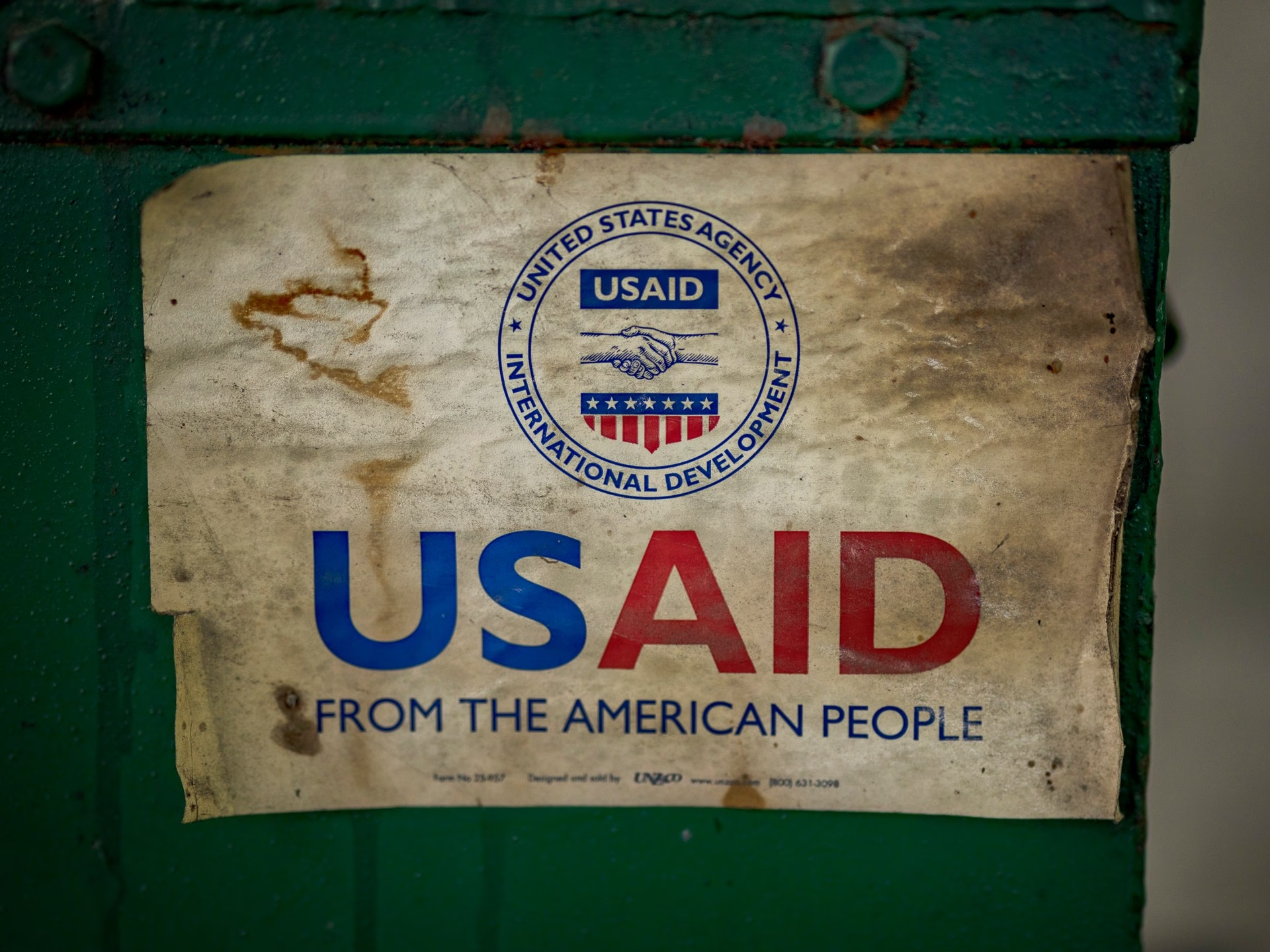<
div aria-live=”polite” aria-atomic=”true”>
Taipei, Taiwan — Until recently, Southeast Asia’s Mekong sub-region seemed to be on track to reach its goal of eliminating malaria by 2030.
The area, named for the 4,900-kilometre (3,000-mile) river that runs from southwest China through Myanmar, Thailand, Cambodia, Laos, and Vietnam, has long been plagued by the mosquito-borne illness.
From 2010 to 2023, the number of cases caused by the most common malaria parasite declined from nearly half a million to fewer than 248,000, according to the Global Fund, a United States government-funded organization that is the world’s largest financier of programs to prevent, treat, and care for HIV/AIDS, tuberculosis, and malaria.
Nearly 229,000 of those cases were reported in a single country, Myanmar, where the illness surged with the outbreak of a civil war in 2021 and the displacement of millions of people.
However, as US President Donald Trump’s administration severely scales back foreign aid by effectively dismantling the US Agency for International Development (USAID), health campaigners now fear that the progress made in the Mekong will be lost after officials targeted Myanmar’s anti-malaria initiative for elimination.
“We were throwing all our resources at [Myanmar], but by stopping this, malaria is going to spill back into Southeast Asia and the Mekong sub-region,” Alexandra Wharton-Smith, who worked on USAID’s Myanmar program until being laid off by the Trump administration, told Al Jazeera from Thailand.
Myanmar’s government has estimated that cases have risen 300 percent since the start of the civil war, but Wharton-Smith said independent research indicates the real figure is more than double that.
New cases are also emerging in parts of Thailand that had not seen malaria for years as refugees and migrants from Myanmar cross the border, and are likely to rise further following the suspension of programs to combat the disease, Wharton-Smith said.

The rollback of funding for anti-malaria efforts in the Mekong is just one of many examples of cuts that are raising alarm among humanitarian workers across the Global South, where the collapse of USAID threatens decades of progress against health crises such as tuberculosis, HIV/AIDS, Ebola, and malnutrition.
On Wednesday, a top United Nations official for humanitarian affairs said the Trump administration had delivered a “seismic shock” to the global aid sector.
“Many will die because that aid is drying up,” Tom Fletcher, the head of the UN Office for the Coordination of Humanitarian Affairs (OCHA), said at a news conference on Monday.
Once the world’s top source of international aid, USAID is set to slash 5,200 of its some 6,200 programs – about 83 percent of the total – according to US Secretary of State Marco Rubio.
“The 5200 contracts that are now cancelled spent tens of billions of dollars in ways that did not serve, (and in some cases even harmed), the core national interests of the United States,” Rubio said on X on Monday.
The remaining contracts will be overseen by the US State Department, he said.
The announcement capped six weeks of turmoil for the agency that began on January 20 when Trump issued a 90-day “pause” on US development assistance.
Thousands of USAID employees, contractors, and support staff were put on leave or furloughed as projects around the world received a “stop work order” and ground to a halt.
Confusion followed as NGOs scrambled to fill in budget gaps and understand which programs qualified for an announced waiver for life-saving partners.
The Supreme Court last week ordered the Trump administration to
Source: https://www.aljazeera.com/news/2025/3/13/across-global-south-usaids-demise-raises-fears-of-malaria-tb-resurgence?traffic_source=rss







